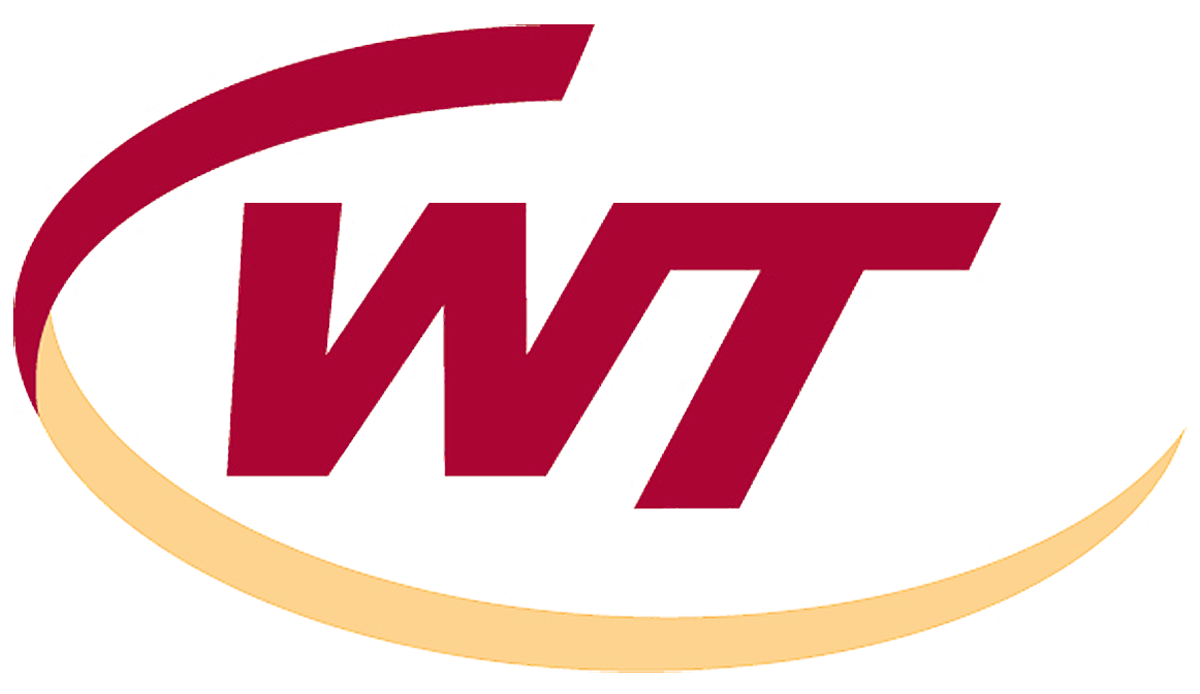Transportation
The Transportation cluster is comprised of three majors - Auto Body/Collision Repair, Automotive Technology, and Marine Technology.
Auto Body/Collision Repair
The Auto Body/Collision Repair program is built around the I-CAR curriculum. I-CAR is recognized industry wide as the leader in collision repair technology and research. Students are trained in the following areas: painting and refinishing, non-structural analysis and damage repair, dam age analysis and estimating, structural analysis and damage repair, and mechanical and electrical components.
Students deal directly with customers, write estimates, schedule jobs, order parts, and complete the repair process. They progress at their own pace in an environmentally friendly “green” shop featuring Waterborne Refinishing Systems. In addition, students who successfully complete the Auto Body/Collision Repair program are eligible to receive credit for one year's work experience towards various Automotive Service Excellence (ASE) certifications. Students may also receive one year of experience towards Massachusetts Auto Damage Appraisers Licensure.

Automotive Technology
This program trains students in all eight National Automotive Technicians Education Foundation (NATEF) approved areas for which the department is certified. The training consists of hands-on work performed on donated and customer vehicles. In addition, a classroom related segment is included in the program. A series of competencies/tasks in all eight of the following NATEF approved areas will be covered: Engine Repair, Automotive Transmission/Transaxle, Manual DriveTrain and Axles, Suspension and Steering, Brakes, Electrical/Electronic Systems, Heating and Air Conditioning, and Engine Performance.
In addition, students who successfully complete the Automotive Technology program are eligible to receive credit for one year's work experience towards various Automotive Service Excellence (ASE) certifications.
Marine Technology
The Marine Technology program introduces students to the recreational marine repair industry. It will cover all aspects of vessel repair with an emphasis on engine mechanical repair, DC electrical circuitry and computer diagnostics. Instruction will involve extensive hands-on projects in a group setting, enhanced with demonstration and traditional theory. Throughout this STEM based program modern diagnostic procedures will be performed using industry service on the most technologically advanced equipment available. Students will learn about:
Operation
Maintenance
Repair
Rebuilding
Installation of onboard systems
Also as a service available to the public, our Marine Technology shop provides basic services on powerboats and personal watercraft such as:
Winterizing
Shrink Wrapping
100hr/annual maintenance
Spring commissioning
